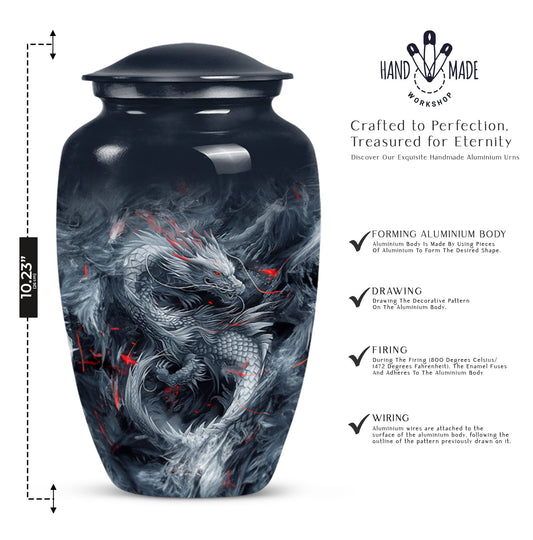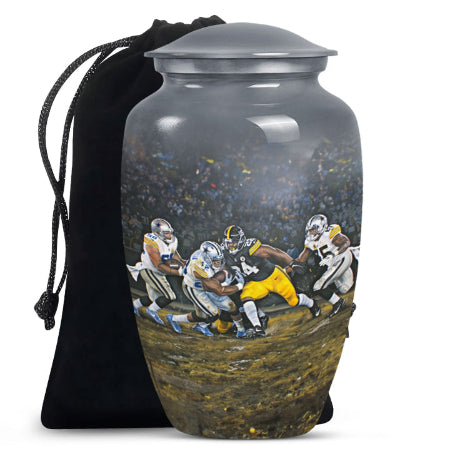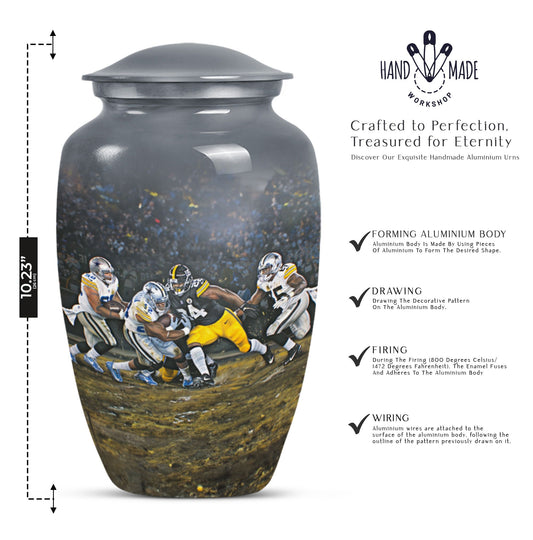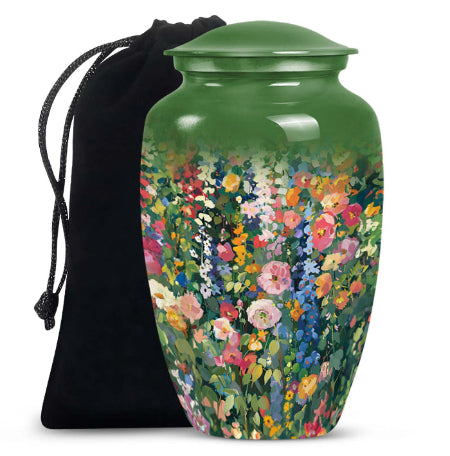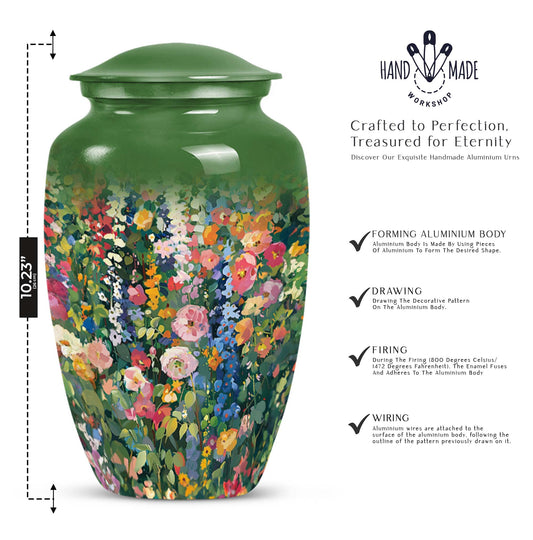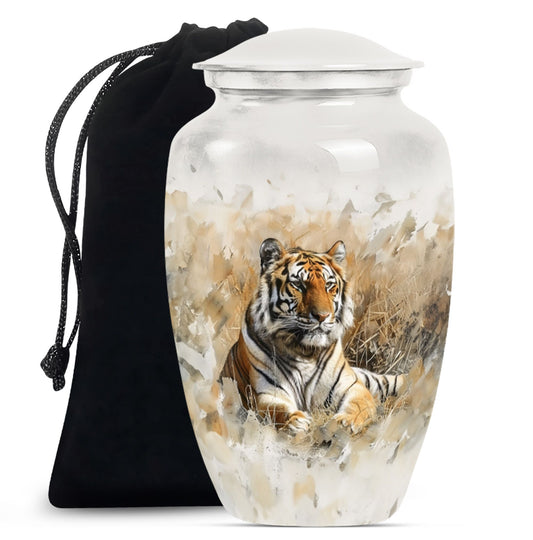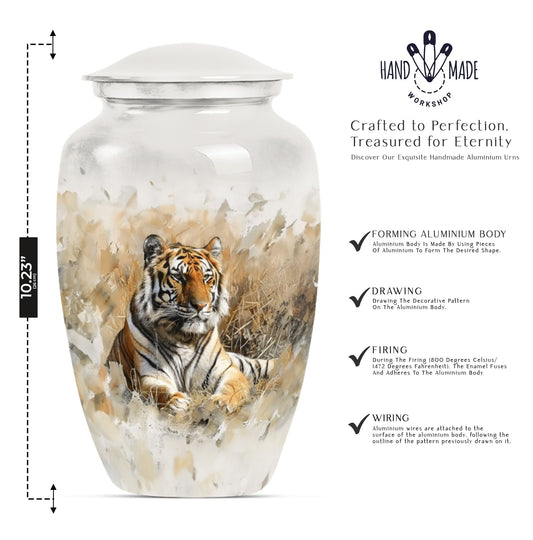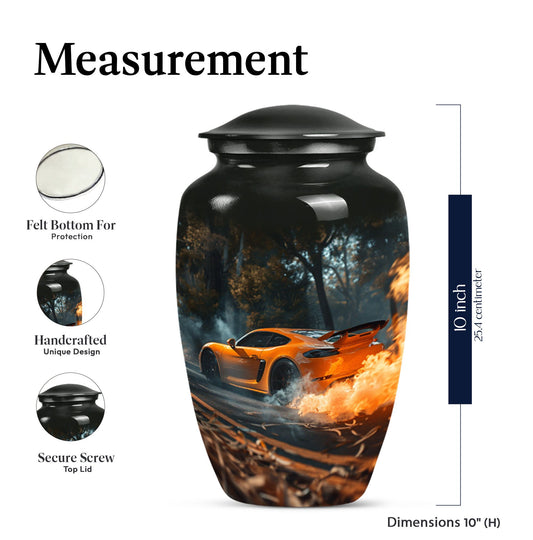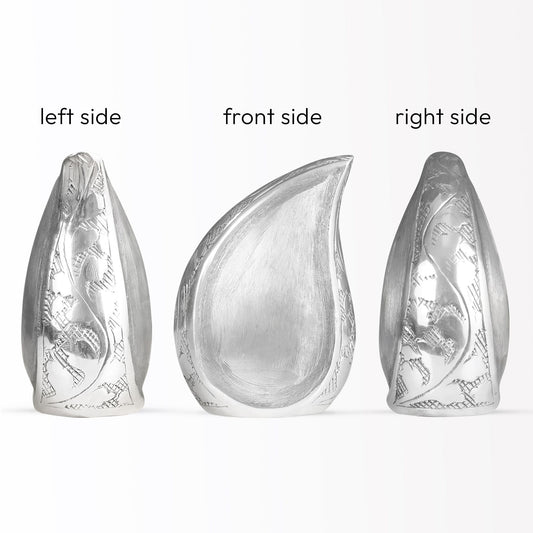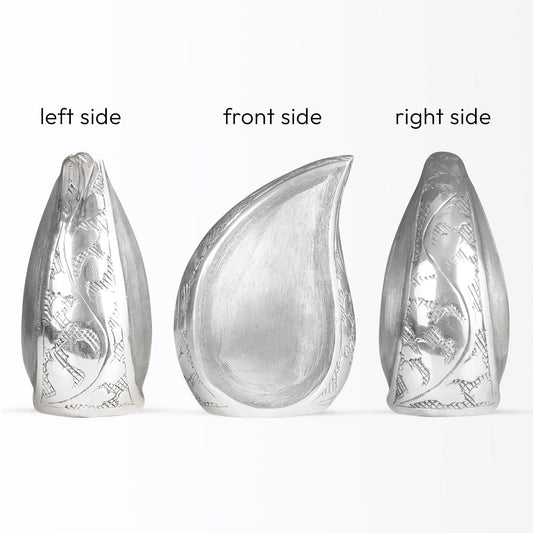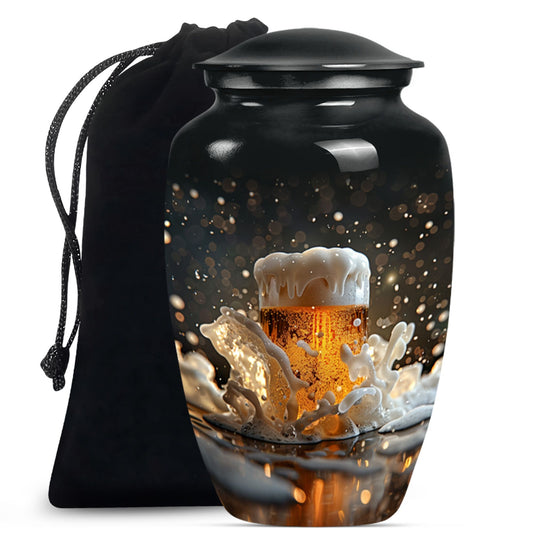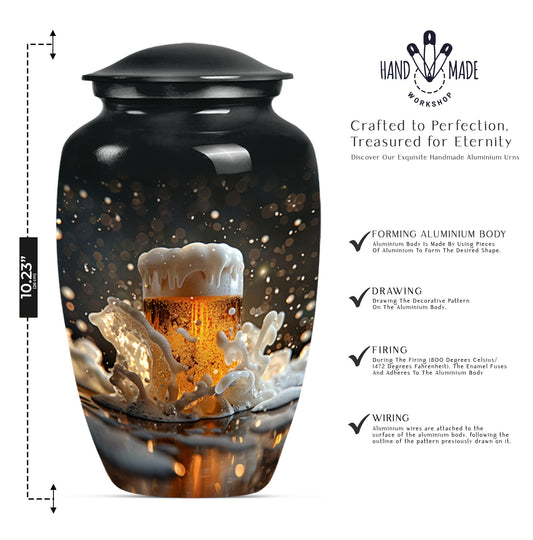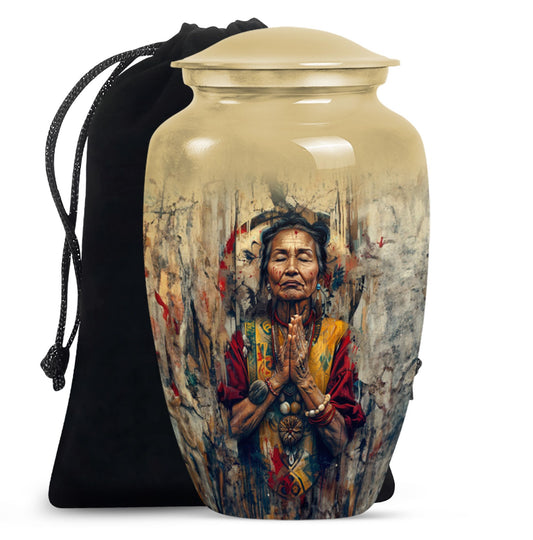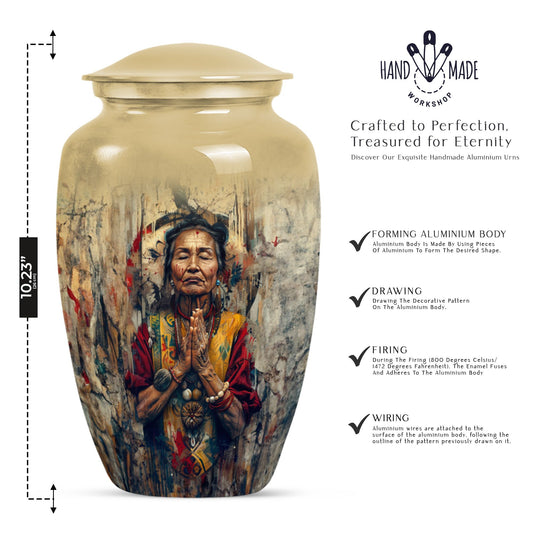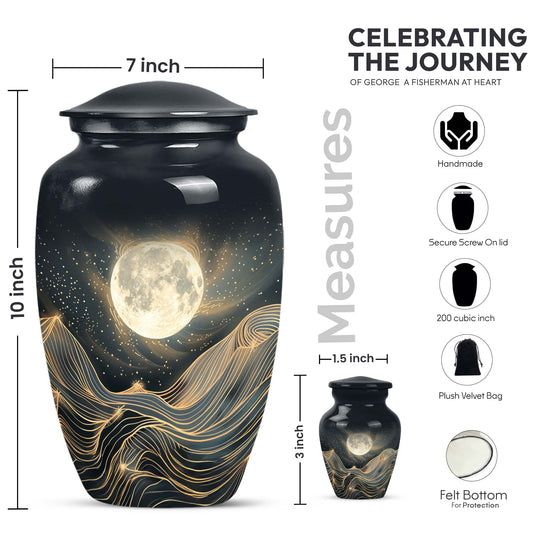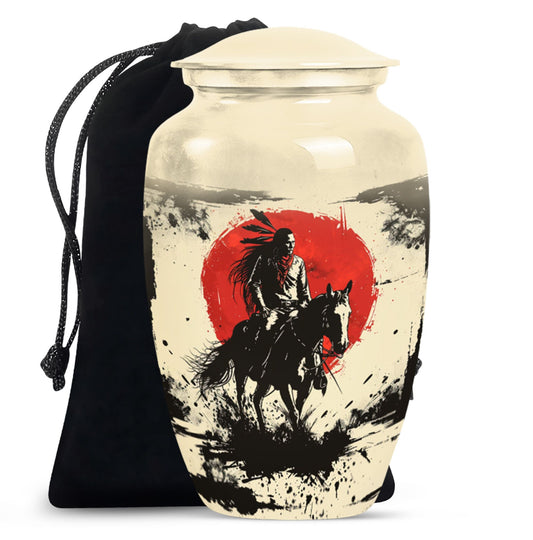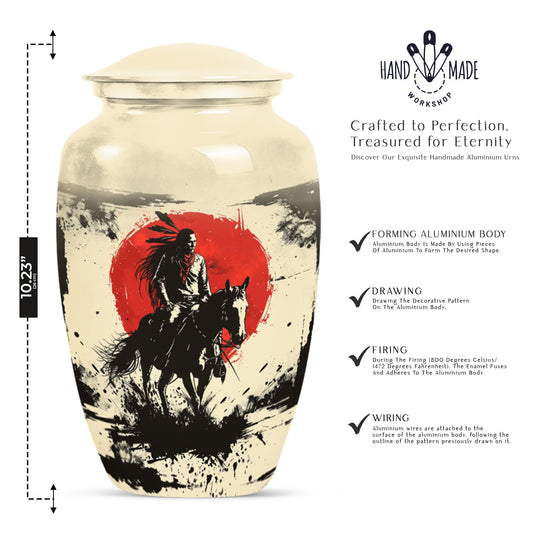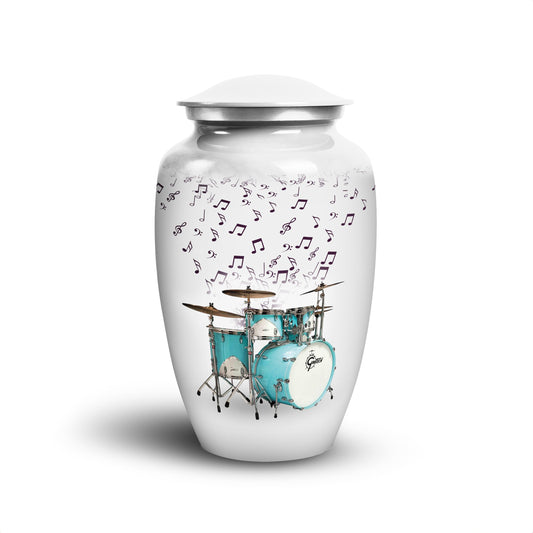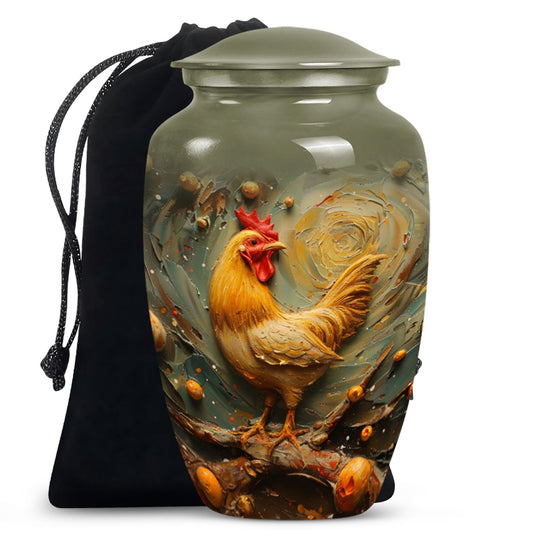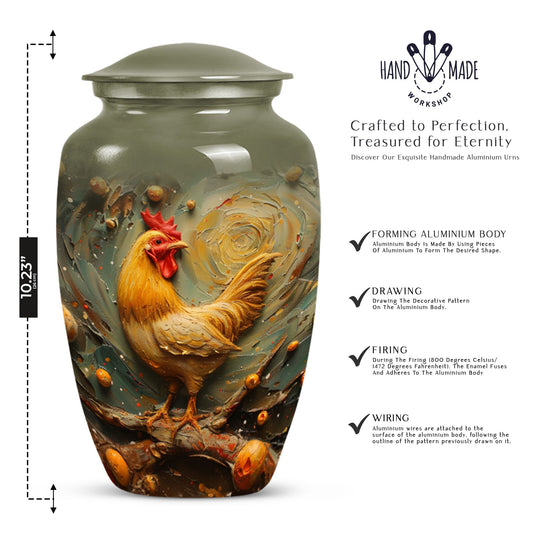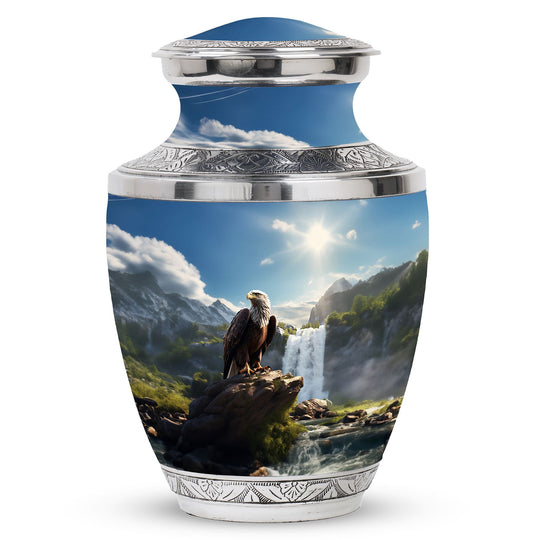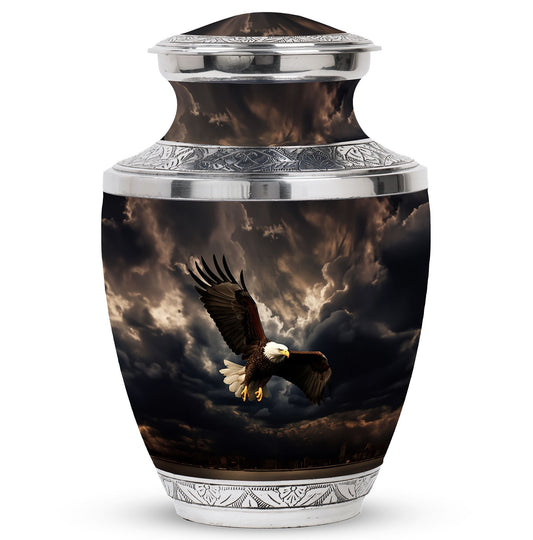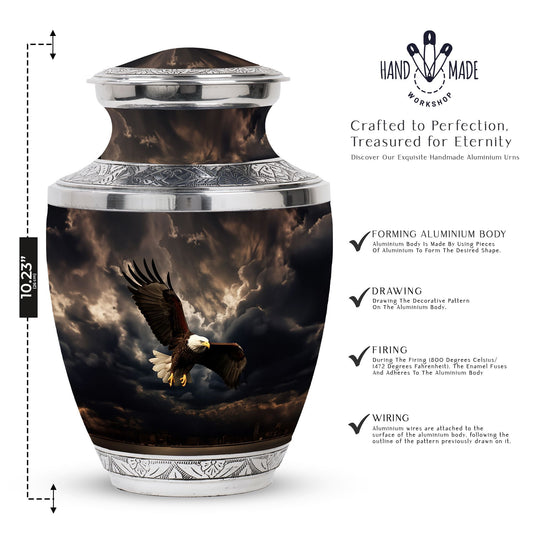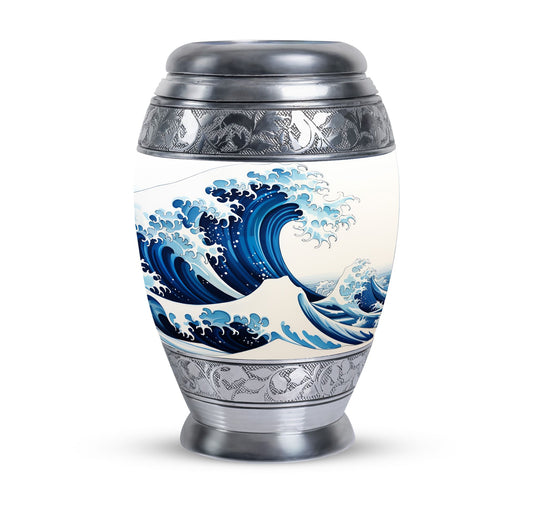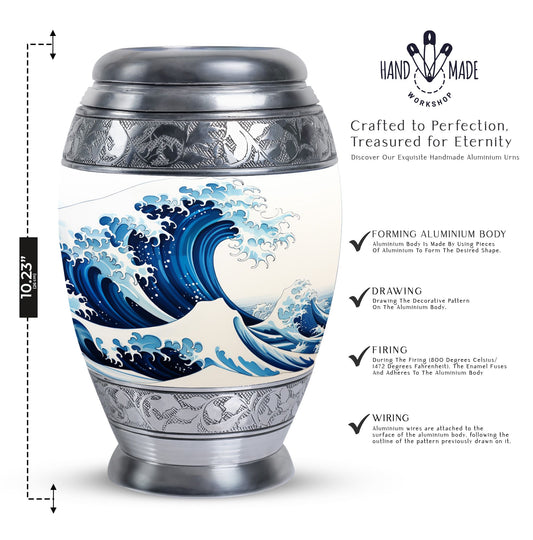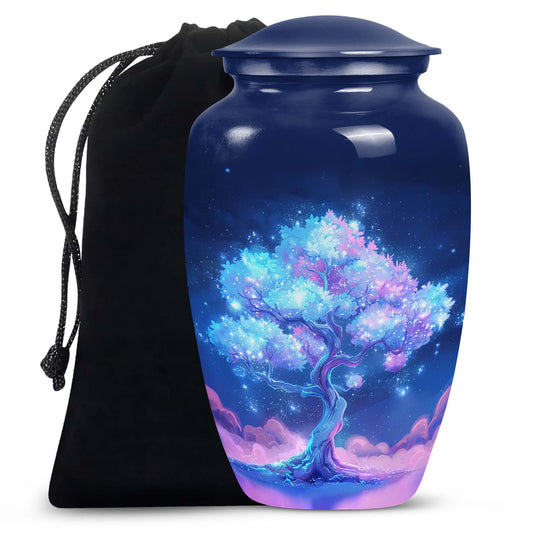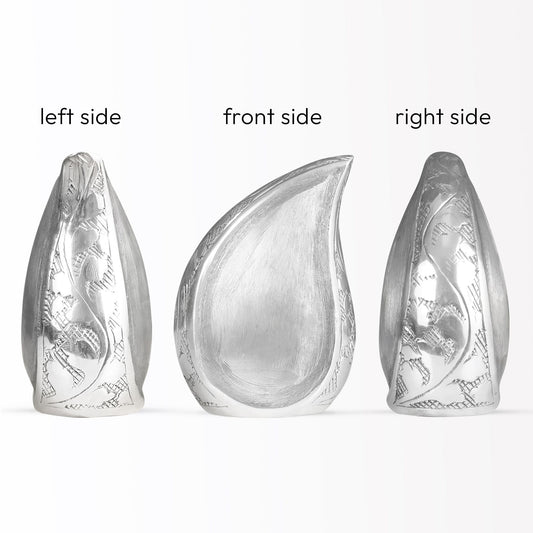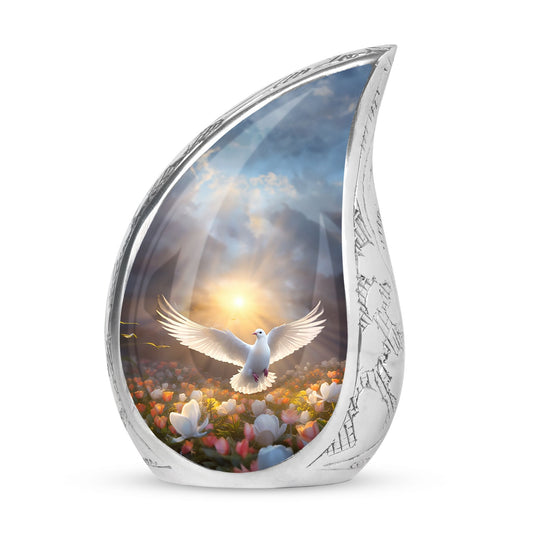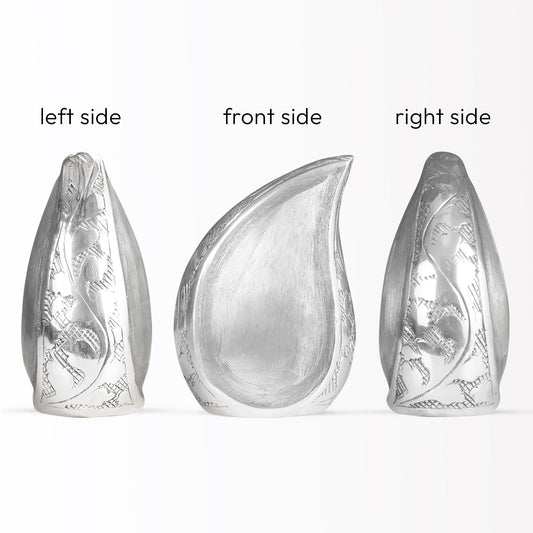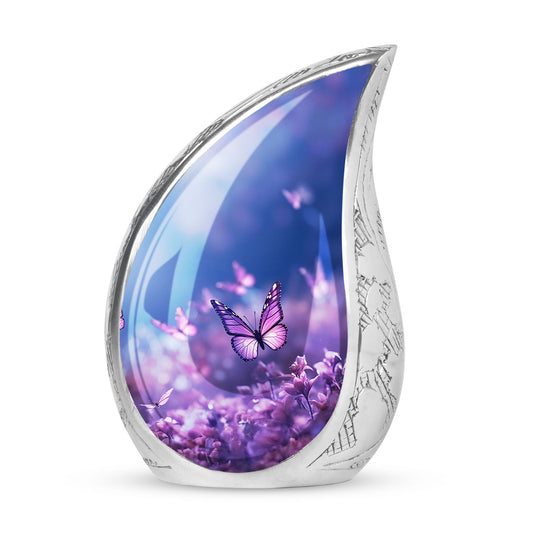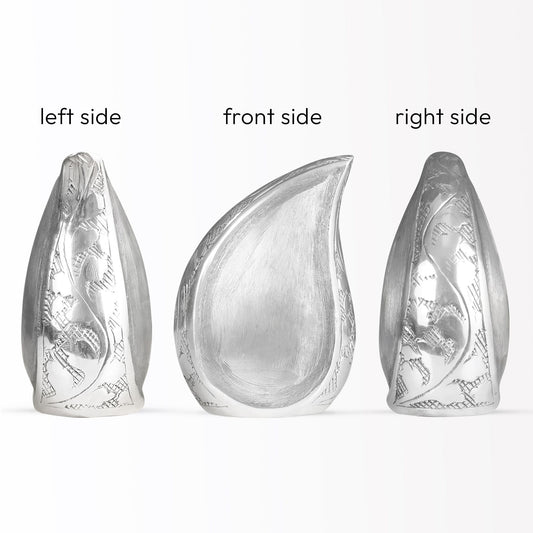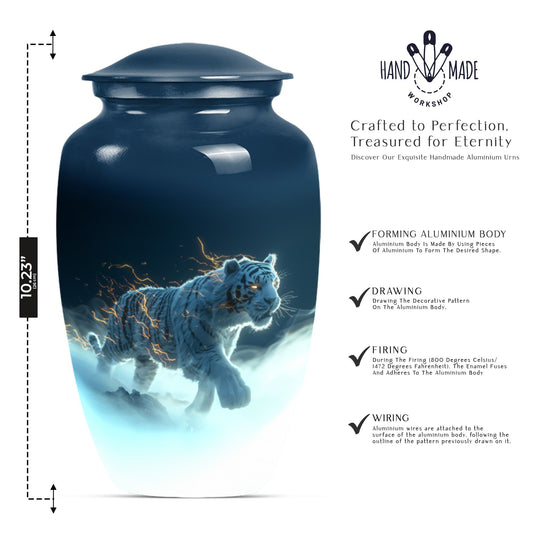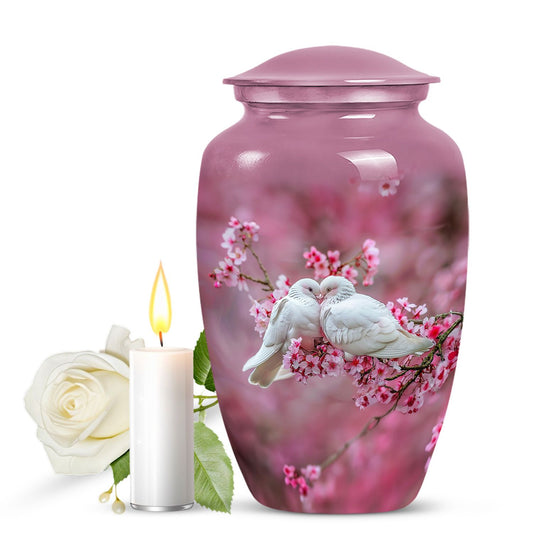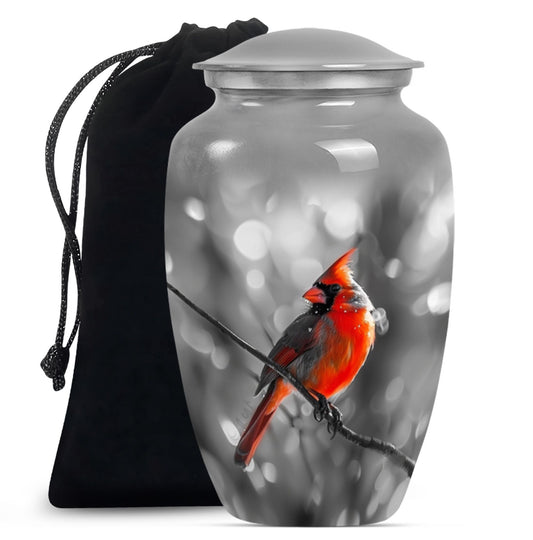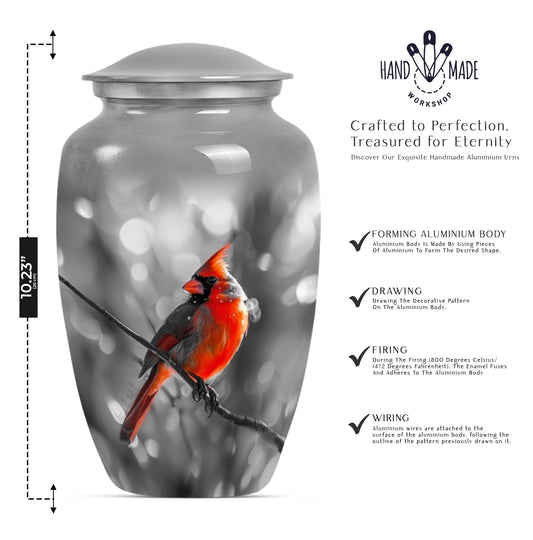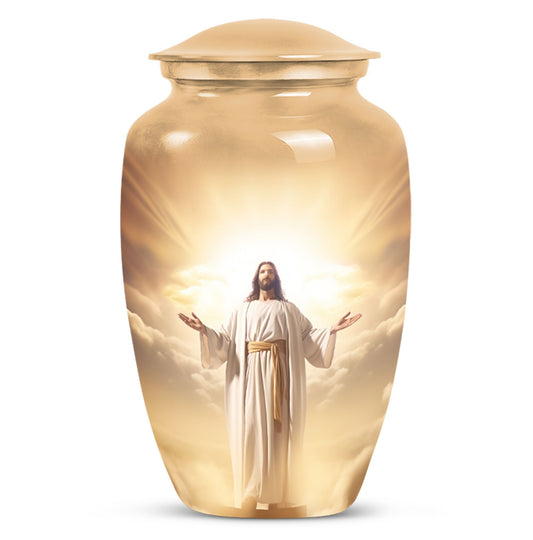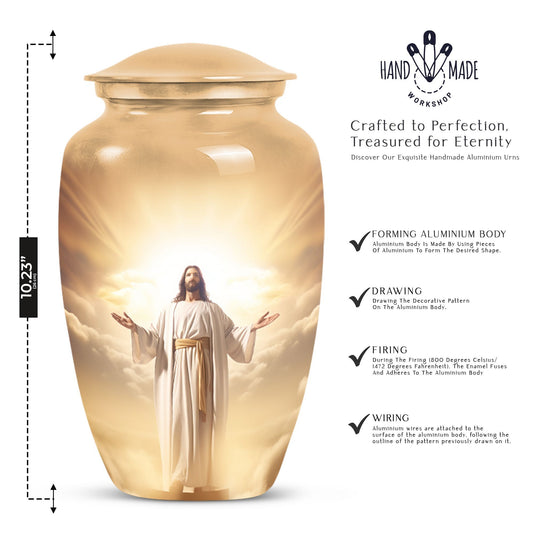Popular Urns
The Idea Of Placing Rocks and Coins On Gravestones
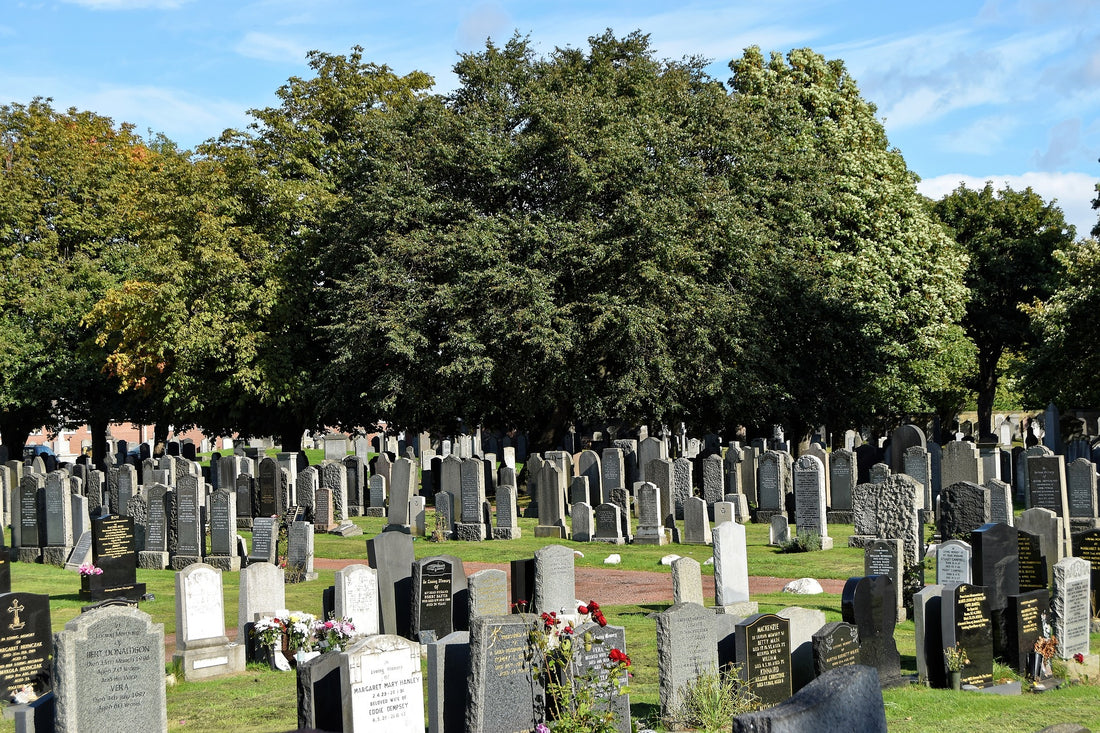
Pebbles on Graves: An Old Jewish Tradition
The tradition of pebbles or stones left upon gravestones has been passed down from ancient days where graves were marked by a pile of stones known as cairns. These prevented the elements and animals from disrupting the site. Leaving pebbles became symbolic in itself to denote respect for the dead.

When a stone is placed on a headstone, it simply means that someone did visit and thought about the person. This stone does not wilt down like flowers or fade to dust like paper but lives further beyond time itself. All the stones reflect physical evidence of love, respect, or praying.
This tradition is not peculiar to Jewish culture; it speaks universally as an act of remembrance. Outside religious contexts, visitors may leave stones as a way of saying, "I was here, and I remember you."
Coins on Gravestones: Honoring Military and Service Members
One of the ways America expresses its respect to its war veterans is through coins on graves. However, the meaning depends on the specific coin. Based on the meaning of different coins left on graves;
Penny-Just to acknowledge that the visitor paid a visit.
Dime-It depicts that the visitor served with the deceased.
Quarter: Personal tribute indicating that the visitor was alive when the person died.
This tradition, not only respect to the dead, but is also a sign of unity with their service and sacrifice. Coins are also dropped into graves in military cemeteries, just as in Arlington National Cemetery as a silent manner to pay respect for those who have made the sacrifice for the nation defense.
It does have that effect of stimulating curiosity and reflection in discovering coins on a grave. To the members or visitors, it does manifest as a testament of the legacy of the deceased person. It would seem that one person took time to pay visits, remember, and honor them in life.

Most people do believe that if they see some money on a grave, then no one would bother about it; they do regard coin-leaving as an action of great personalism, and taking it off would be removing some other person's connection to that dead man.
Both stones and coins on gravestones represent that universal human desire to remember, pay tribute to others who have passed away. Though they are small, they have great weight as links between the living and the dead.
Whether it is an old custom or a new culture, adding objects to graves turns cemeteries into places of stories, love, and remembrance. The next time you find a stone or coin on a grave, take a second to consider the invisible links that bring us together through lifetimes and generations.
ALSO READ:







